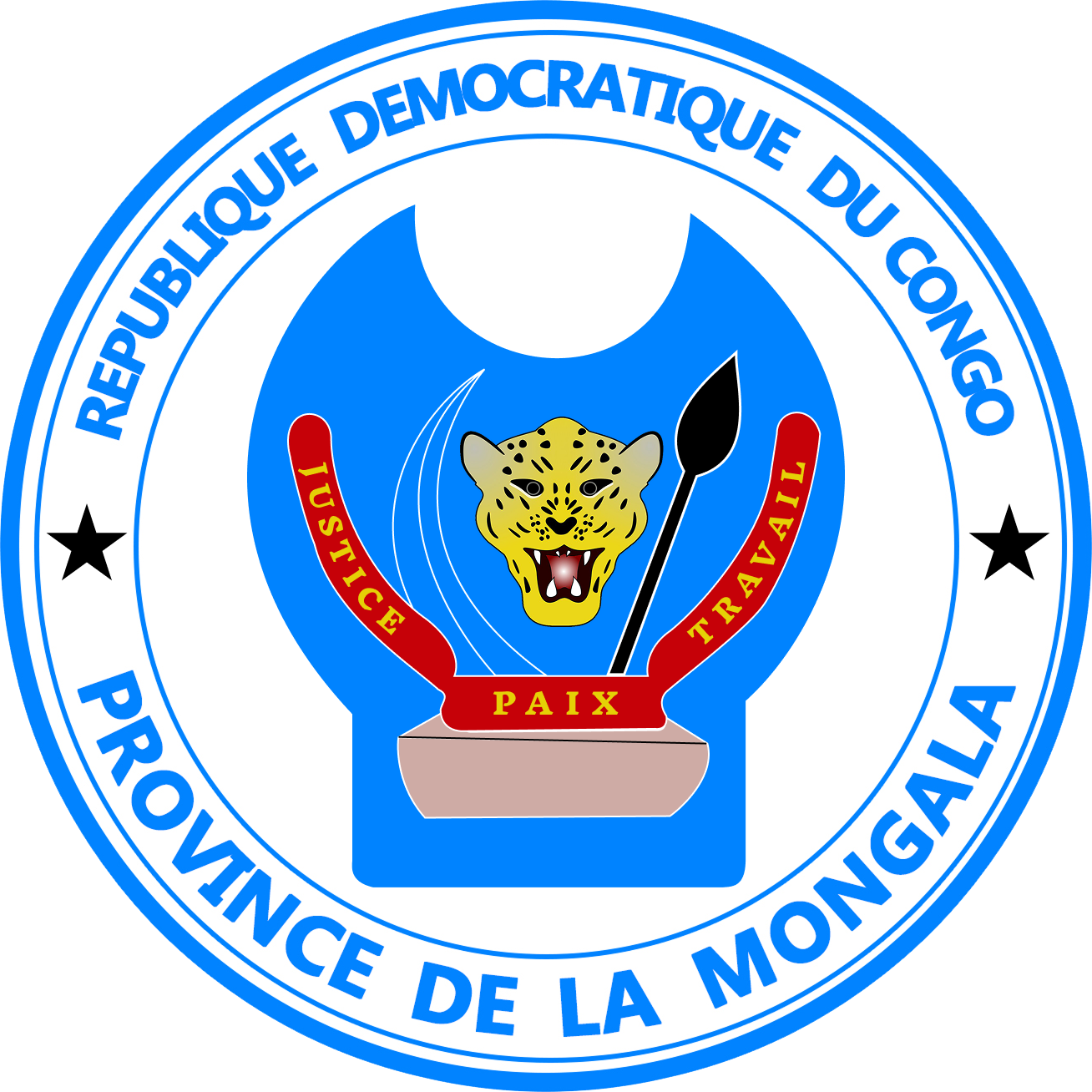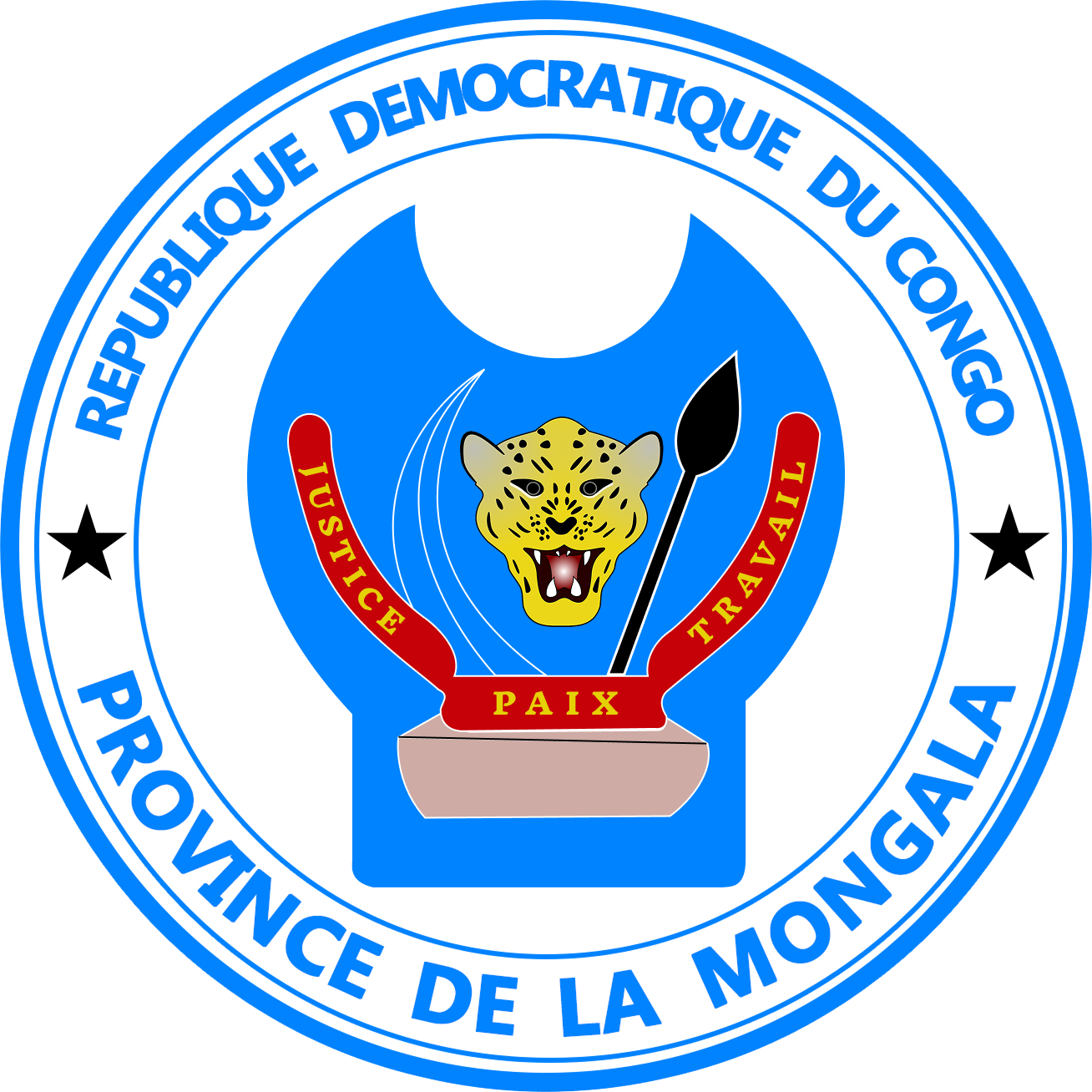🚑 Emergency & Medical Assistance in Mongala Province
Ensuring quick and efficient medical assistance is a top priority for the Mongala provincial government. The province is continuously working to strengthen emergency healthcare services, improve response times, and expand medical outreach programs to provide timely help during medical emergencies, accidents, disease outbreaks, and natural disasters.
1️⃣ Emergency Medical Services (EMS) 🚨
⚕ Ambulance & Emergency Transport Services – Expansion of ambulance networks across urban & rural areas
📟 24/7 Emergency Helpline – Establishment of a dedicated helpline for immediate medical assistance
🚑 Rapid Response Teams – Trained paramedics and mobile clinics for remote areas
🏥 Hospital Emergency Units – Strengthened emergency wards in major hospitals for critical care
🔹 Impact:
✔️ Faster medical response times
✔️ Reduced mortality rates in accident and trauma cases
2️⃣ Disaster & Epidemic Response
Mongala Province is vulnerable to floods, disease outbreaks, and other natural disasters. To tackle these challenges, the government has set up special emergency response units in collaboration with national and international health organizations.
🛥 Flood & Disaster Relief Medical Units – Mobile health teams deployed during flooding & displacement crises
🦠 Infectious Disease Control Teams – Special medical units for handling cholera, malaria, and COVID-19 outbreaks
🌍 Partnerships with WHO, Red Cross, and NGOs – Support for large-scale health crises
🔹 Impact:
✔️ Faster deployment of healthcare workers in crisis situations
✔️ Improved management of disease outbreaks
3️⃣ First Aid & Trauma Care Training
To empower communities and reduce casualties in emergency situations, Mongala’s health department runs first aid and trauma response training programs for:
🚔 Police & Security Forces – First responder training for accident and emergency situations
🏫 Teachers & School Staff – Equipping schools with basic medical kits & emergency training
🛠 Factory & Industry Workers – Workplace safety training to reduce occupational hazards
🔹 Impact:
✔️ Increased survival rates due to quick response
✔️ More community involvement in emergency care
4️⃣ Emergency Medical Supplies & Mobile Clinics
Since many rural communities in Mongala have limited access to hospitals, the province is increasing mobile healthcare units and ensuring the availability of essential medical supplies in remote areas.
🚐 Mobile Medical Units – Fully equipped vans providing emergency and primary care services
💊 Emergency Medical Supply Reserves – Stockpiling essential medicines & first aid kits in local health centers
📦 Distribution of Emergency Kits – Basic first-aid kits provided to schools, workplaces & community centers
🔹 Impact:
✔️ More access to emergency care in rural & underserved regions
✔️ Fewer deaths due to lack of immediate medical attention
5️⃣ Air & Water Rescue Medical Services
Due to Mongala’s vast rivers, forests, and remote terrain, access to emergency healthcare can be a challenge. The government is working on:
🚁 Helicopter & Boat Ambulance Services – Quick transport for critically ill patients in remote areas
🚤 Waterway Emergency Transport – Fast medical evacuations for river-based communities
🌍 Partnerships with International Relief Agencies – Expanding air medical evacuation services
🔹 Impact:
✔️ Reduced delays in reaching hospitals
✔️ Increased survival rates for critically ill patients in isolated areas
6️⃣ Future Plans & Government Initiatives
📈 Expansion of Emergency Call Centers – Setting up more local response units for quicker dispatch
🏥 Upgrading Emergency Hospital Facilities – More ICU beds, trauma units & medical equipment
📡 Telemedicine & Digital Emergency Assistance – Virtual doctor consultations for remote areas
🔹 Long-term Goals:
✔️ Ensure emergency medical access in every part of Mongala
✔️ Develop a self-sufficient emergency healthcare system
✨ Conclusion
Mongala Province is committed to improving emergency healthcare services by strengthening ambulance networks, disaster response, mobile clinics, and first aid training. These efforts aim to ensure every citizen receives timely and life-saving medical assistance when needed.


